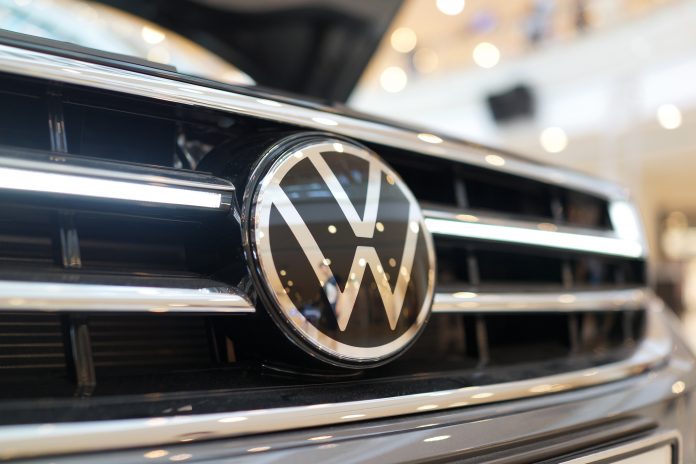Volkswagen’s already struggling finances took another hit as it reported a 42% drop in third-quarter profits, reaching a three-year low. This economic blow came as worker unions threatened strikes over proposed factory closures and restructuring plans in Germany, increasing tensions between management and labor at Europe’s largest automaker. Amid rising costs and weakening demand in key markets like China, VW now faces the possibility of factory shutdowns and significant layoffs for the first time in its 87-year history.
The financial decline and layoffs come at a pivotal moment. As Volkswagen grapples with weaker sales in Europe and China, it also confronts rising competition from electric vehicle manufacturers and the strain of a potential 45.3% EU tariff on Chinese EV imports, a measure aimed at safeguarding European manufacturers from cheaper foreign alternatives. The company’s Q3 operating return on sales for its passenger cars division fell to 2% from 3.4% year-over-year, underscoring the urgency for cost reductions and increased efficiency, according to VW finance chief Arno Antlitz.
However, labor unions, particularly IG Metall, are aggresively opposing management’s proposed cost-cutting measures, which reportedly include up to 10% wage cuts for retained workers and three plant closures. Worker representatives argue that these plans breach longstanding agreements on job security and decision-making. “Volkswagen has opened Pandora’s box by terminating job security and other collective agreements,” IG Metall negotiator Thorsten Groeger stated, adding that further union escalation could follow if these demands are not met. Workers are currently pushing for a 7% wage increase and assurances that all German plants will remain operational.
The automaker’s problems are compounded by shrinking sales both at home and abroad. The European market has contracted by roughly 2 million units since the pandemic, costing VW about 500,000 annual sales. Competitors like Tesla and Chinese manufacturers continue to gain traction by offering affordable EV models, squeezing VW’s market share in Europe. In China, deliveries fell 15% in Q3, dropping VW’s total deliveries to 2.176 million units globally. This performance has dragged VW stock down nearly 20% year-to-date, further underperforming compared to the European automotive index, which has declined 10%.
Union leaders have vowed to fight VW’s cost-cutting proposals, with works council head Daniela Cavallo threatening to end negotiations unless management compromises. Although Unions cannot initiate broader strikes until December, labor representatives plan to use all available tools to resist what they view as a “breaking of taboos” regarding job security and wage cuts. VW’s management, however, argues that German production facilities are far more costly to operate than international plants, largely due to higher labor and energy expenses.
With negotiations between VW and unions continuing, Antlitz expressed optimism about reaching an agreement to stabilize the company, but he acknowledged that over €10 billion in cost reductions are on the table. The future of VW’s German plants—and possibly the company’s status as a European automotive leader—now hangs in the balance, as both sides wrestle with a strategy for sustaining competitiveness in a rapidly evolving global market.




